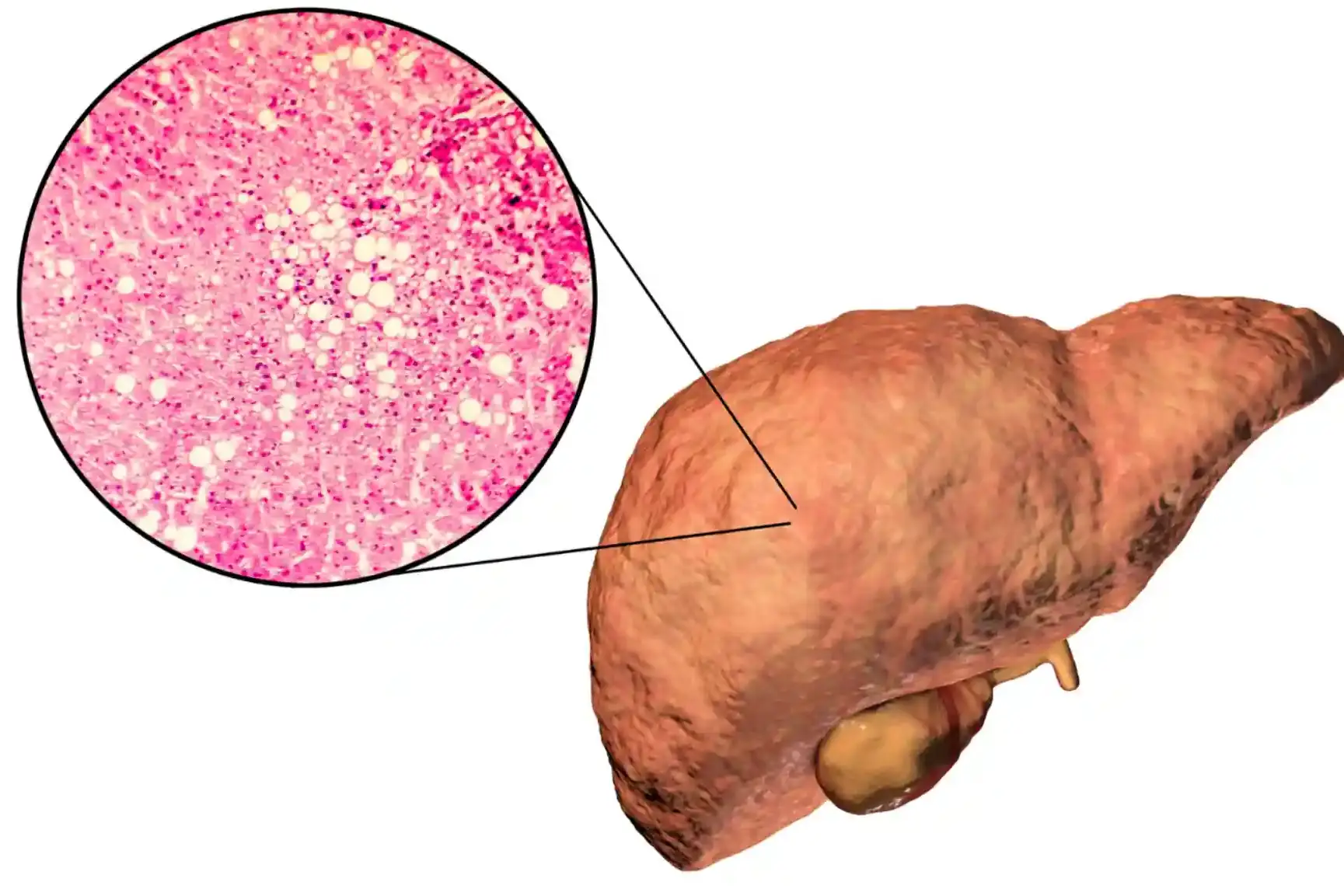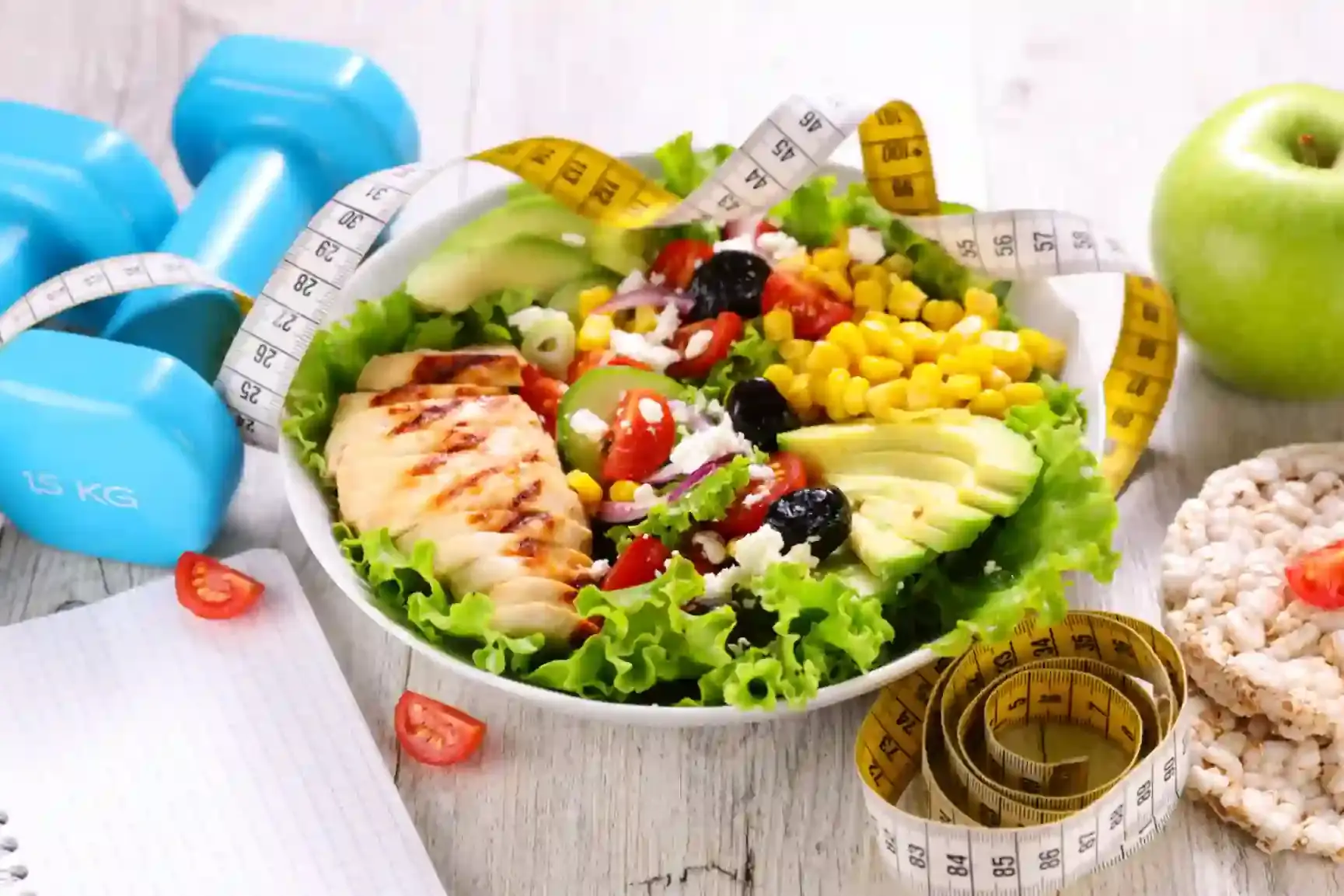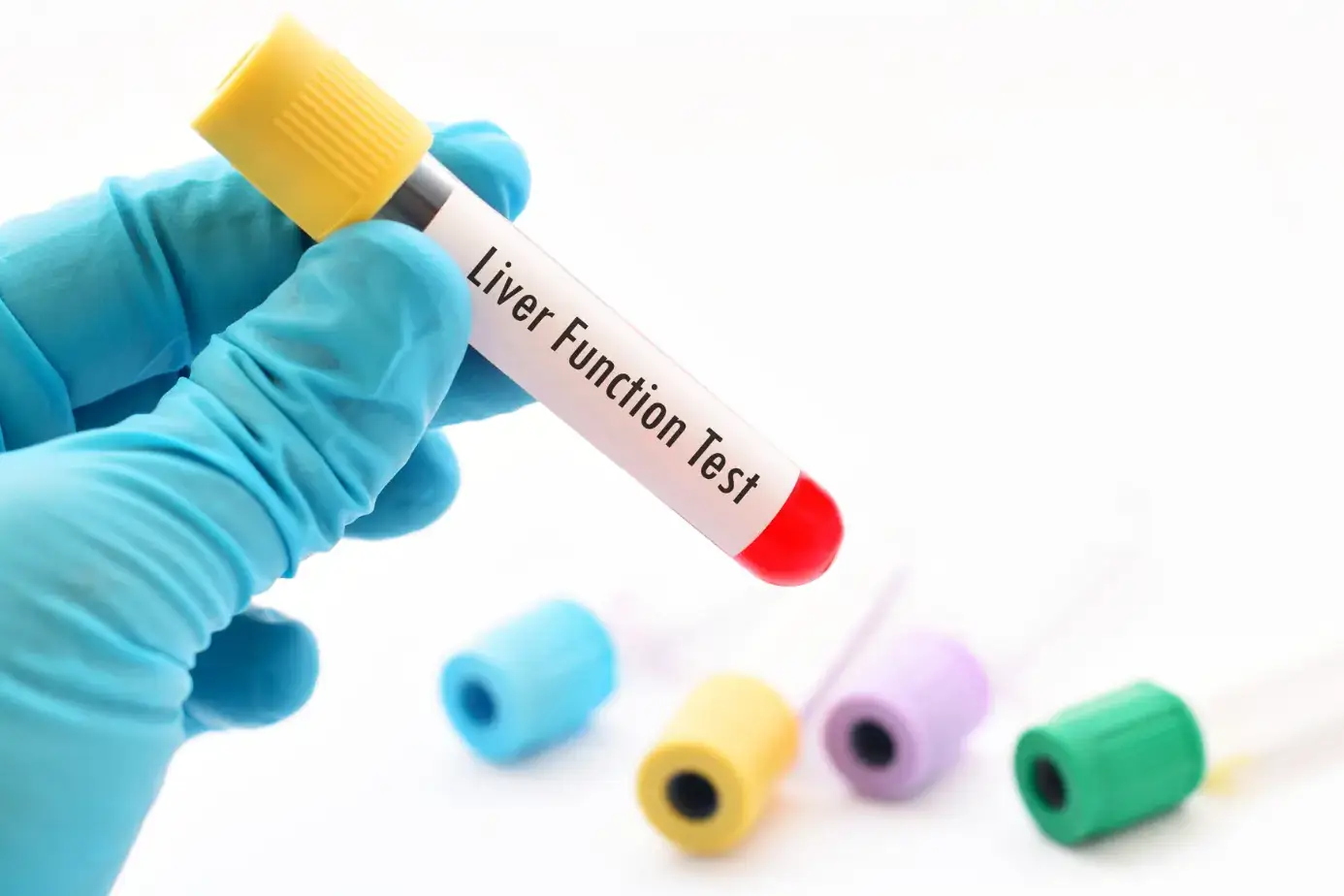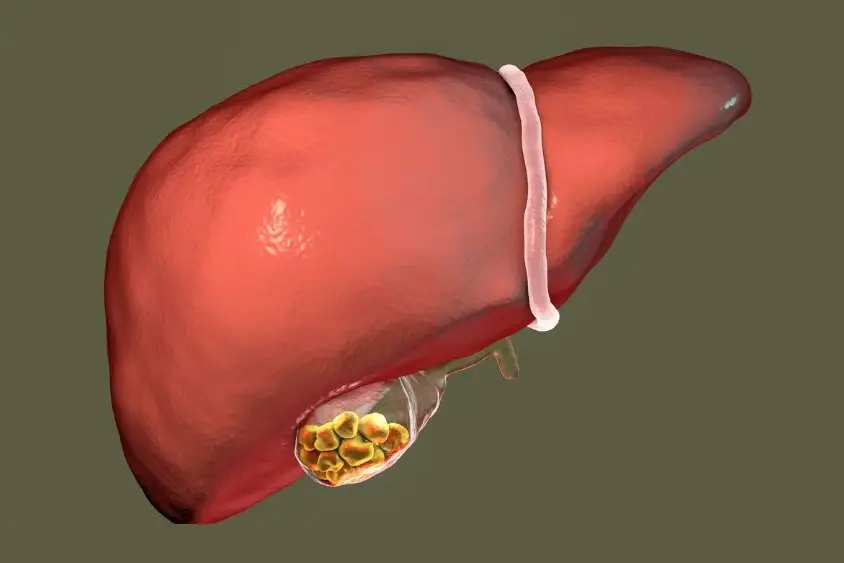Your gut is the key to a healthy and happy you. With a healthy digestive system, you will not only feel energised and void of discomfort but also develop stronger immunity, leading to improved overall health! This is because your digestive system helps absorb essential nutrients made available through food.
Table of Contents
ToggleBut how to take care of your gut? Below are six essential tips to help you improve your digestion process, leading to a healthy gut.
6 Tips for Improving Your Digestion

-
Eat Healthy
It’s necessary to make certain lifestyle changes, starting with eating healthy. A healthy diet significantly impacts your gut health, improving your digestion and maintaining your overall health. It strengthens the integrity of your gut barrier, preventing harmful substances from entering the bloodstream.
Here are some tips on how to eat healthy for improved digestion:
-
Increase your fibre intake:
Everyone knows how good fibre is for promoting digestion. Insoluble fibre clears your digestive tract by promoting regular bowel movements, and soluble fibre bulks your stools, making it easier to pass through your digestive tract. When you have a healthy bowel movement, you also reduce the risk of developing haemorrhoids (a painful condition of swollen veins in the anus that causes discomfort when passing stools) as it softens the stool, reducing strain during bowel movements.
-
Avoid processed food:
Processed food is high in additives, saturated fats, and refined carbs. Further, according to a study conducted in 2022 by Frontiers in Nutrition, long-term consumption can be linked to the development of various digestive problems because of gut inflammation. This can weaken the barrier of your intestines, making the gut more permeable. And if your gut weakens, you are more vulnerable to developing IBD (inflammatory bowel disease), IBS (irritable bowel syndrome), obesity, neuropsychiatric disorders, diabetes, mellitus, and chronic liver diseases.
-
Add healthy fats:
Your body requires good fats to absorb nutrients such as vitamin K, A, E, and D. A study published in PubMed showed that a high intake of dietary fats can reduce your risk of developing ulcerative colitis, while a high intake of trans-saturated fats may increase the risk of developing ulcerative colitis.
-
Incorporate Pro and Pre-Biotics
Certain nutrients help in improving your digestion. These include probiotics and pre-biotics.
- Probiotics: They are helpful, live bacteria that live in your body and enhance your digestion. They break down indigestible fibres that can cause bloating or gas when left otherwise. Probiotics include foods such as yoghurt, buttermilk, paneer, dark chocolate, pickles, and more.
- Pre-Biotics: They are non-digestible food sources that support your gut’s healthy bacteria. Since your body cannot digest pre-biotics, they settle in the lower digestive tract and act like food sources for the good bacteria to help them grow. You can find pre-biotics in foods such as berries, apples, flaxseeds, garlic, oats, tomatoes, wheat, soybean, and more.
-
Eat Slowly
Your body gets habituated to a certain schedule if you follow it regularly. For example, if you are a working professional, you’ll notice how your body is accustomed to waking and sleeping early every day. Similarly, you can train your body to avoid overeating if you form an eating schedule.
An eating schedule can help you understand your body’s hunger and satiation needs, resulting in avoiding over or undereating. This minimises your risk of developing indigestion, bloating, gas, and other uncomfortable conditions. Moreover, it takes time for stomach-released hormones to reach your brain and inform it that you have eaten food. Hence, it’s essential to eat slowly and concentrate on eating without distractions.
-
Drink Enough Water
Fewer fluids in your body mean you are more likely to end up constipated. Hence, hitting your daily water intake goals for improved digestion is important. Apart from water, you can also drink herbal teas or other non-caffeinated drinks that aren’t high in sugar to have enough fluids in your body. Additionally, vegetables like cucumbers and peppers and fruits like apples, strawberries, watermelon, and oranges are also rich in water.
-
Stay Active
Exercising helps the food you eat travel smoothly through the digestive system. So, the next time you feel bloated or gassy, it’s time to get moving with light physical exercises! Further, maintaining a healthy weight is also important to avoid developing any health conditions like digestive cancers, GERD, and more.
-
Manage Stress
Stress and digestion go hand-in-hand. According to Harvard Health Publishing, it is said that gastrointestinal problems affect at least 70% of the people in the world, with women being the victims more than men. One of the main causes of these issues is stress.
Triggering stress response too often can make it harder for your body to recover from the trauma, hampering the digestive flow and causing an upset stomach. It may also lead to ulcers or IBS. Hence, it’s important to manage your stress levels not just for the sake of your cardiovascular health but also to improve your stomach issues.
What Else Can You Do?

Apart from the above points, having a good sleep schedule is also essential, as sleep deprivation can lead to bowel inflammation and gastrointestinal problems. Aim for at least seven to nine hours of sleep daily. Further, it would help if you quit bad habits like smoking and drinking. Alcohol increases the acid in your stomach, leading to acid reflux, heartburn, and stomach ulcers. Smoking can cause increased chances of GERD.
If you are constantly facing digestive problems, please consult a gastroenterologist.
Author Bio:
Jigar Patel is the Founder of Health-e, a HealthTech app that simplifies health records management along with providing personalized and preventative healthcare solutions. Although he has 20+ years of operations and management experience in the EPC domain, Jigar’s true passion lies in making healthcare simpler, faster and more accessible for doctors and patients alike. He strongly believes that people need to be empowered to participate in their own healthcare and is constantly thinking of ways to build this into his app. He loves to keep things simple be it in life, product design, his work or the content he develops. Being married for 10 years and having 2 kids have taught him that perspective matters, so you can always count on him to share new perspectives on various topics.
About The Author

Medically reviewed by Dr. Nivedita Pandey, MD, DM (Gastroenterology)
Senior Gastroenterologist & Hepatologist
Dr. Nivedita Pandey is a U.S.-trained gastroenterologist and hepatologist with extensive experience in diagnosing and treating liver diseases and gastrointestinal disorders. She specializes in liver enzyme abnormalities, fatty liver disease, hepatitis, cirrhosis, and digestive health.
All content is reviewed for medical accuracy and aligned with current clinical guidelines.
About Author | Instagram | Linkedin





